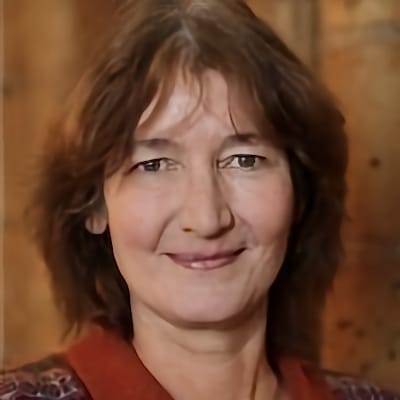Metje Postma
Metje Postma is an anthropologist-filmmaker and holds a tenure position as lecturer in Visual Ethnography at the Department of Cultural Anthropology and Development Sociology of Leiden University, since 1989. She (co-)produced several documentaries Por que se van? (1985, 58 min.) on the consequences of migration of girls from a mountain village in the Pyrenees; Bit al Sudan (1993, 27 min) on the traditional production and use of Sorghum (Dura) products by women in Sudan. Of Men and Mares, (1998, 90 min.) a documentary about horse-based agriculture in the Netherlands, She edited several film productions with colleagues (Clara Brakel 1992: Bedaya Dances, Carla Risseeuw: Old Spirits New Persons1999), and co-directed and filmed a portrait of a Dutch-Surinamese female politician with Jet Homoet (Tara, 2002). Between 2001 and 2003 she researched and filmed the documentary: The way of the bow (in production) on the practice of Japanese Archery in the Netherlands. In her present research she focuses on Sudan. From 2003 till 2006 she performed research with the Sudanese Rashaida Bedouin, residing in Eritrea as rebels and refugees at the time. This research has resulted in 3 documentaries (Voices in the desert – the Rashaida and Fuzum (2005), Aida, Lioness among Free Lions (2019), and What’s in store (2020 (in production).
Metje Postma co-edited the volume Reflecting Visual Ethnography, using the camera in anthropological Research (2006) and wrote several articles on visual ethnography and the history of ethnographic cinema. From 2009 till 2019 Metje Postma was chairwoman of the Commission on Visual Anthropology of the International Union of Anthropological and Ethnological Sciences.
Since 1993 Metje Postma has also been teaching ethnographic film courses outside Leiden (Munchen, London, Athens, Tromsø, Ljubljana, Omdurman, Asmara).


